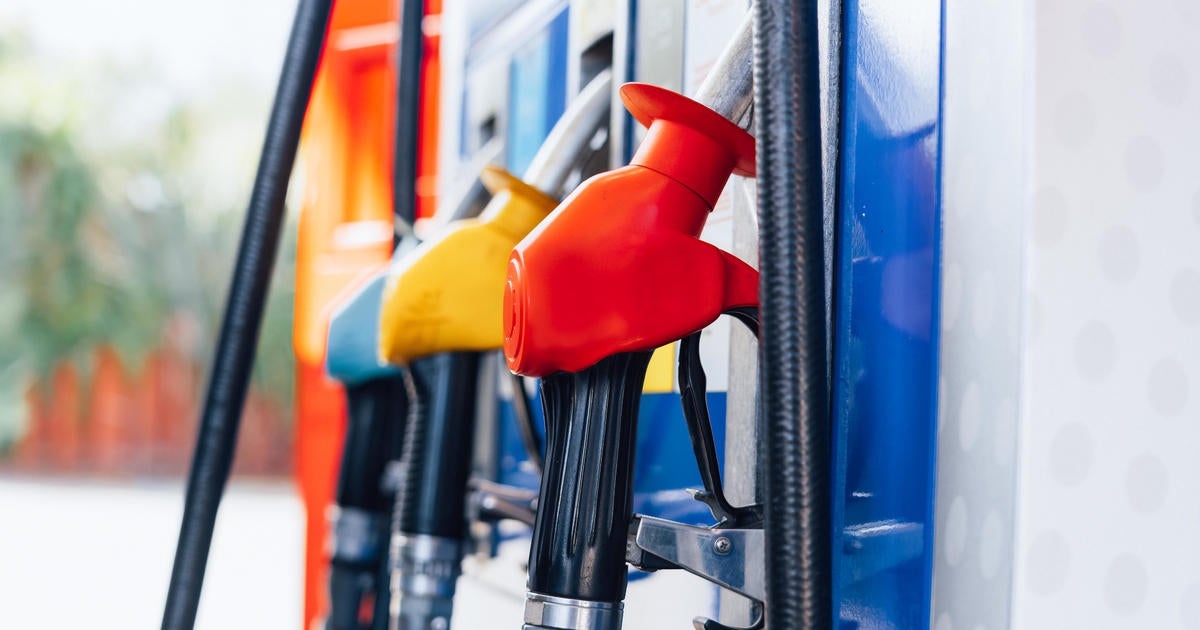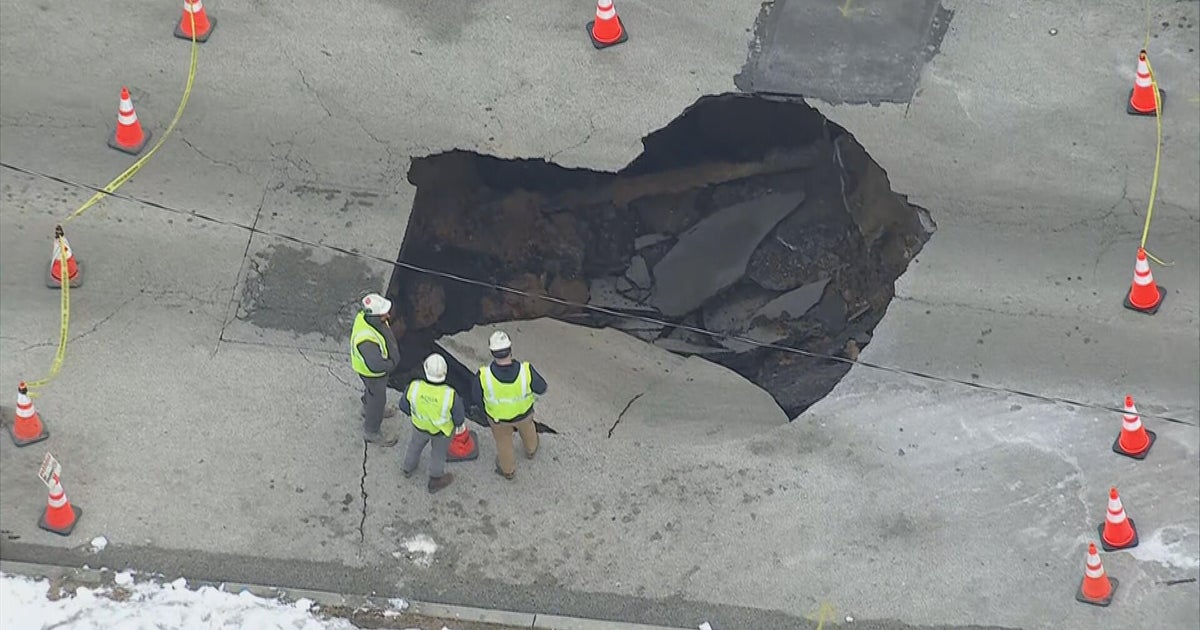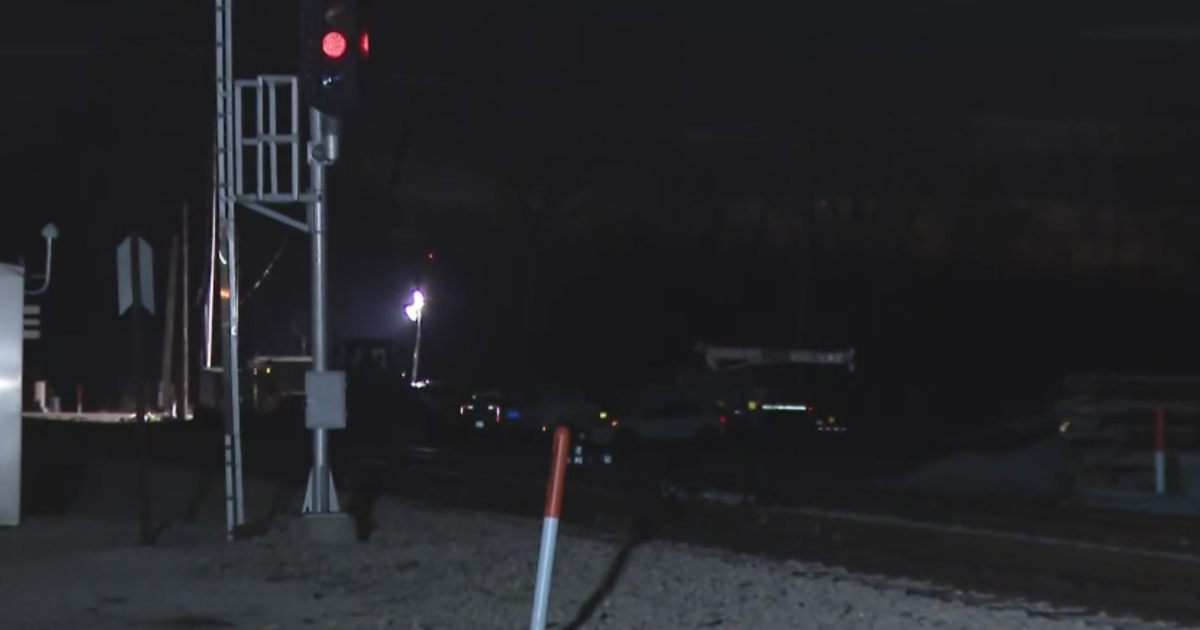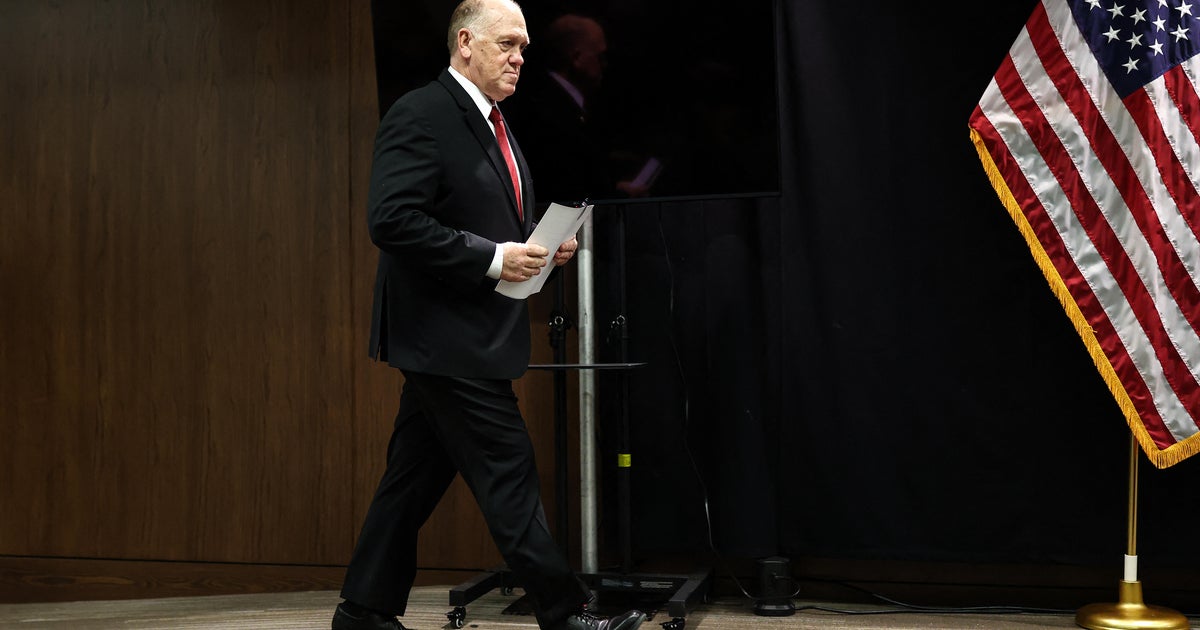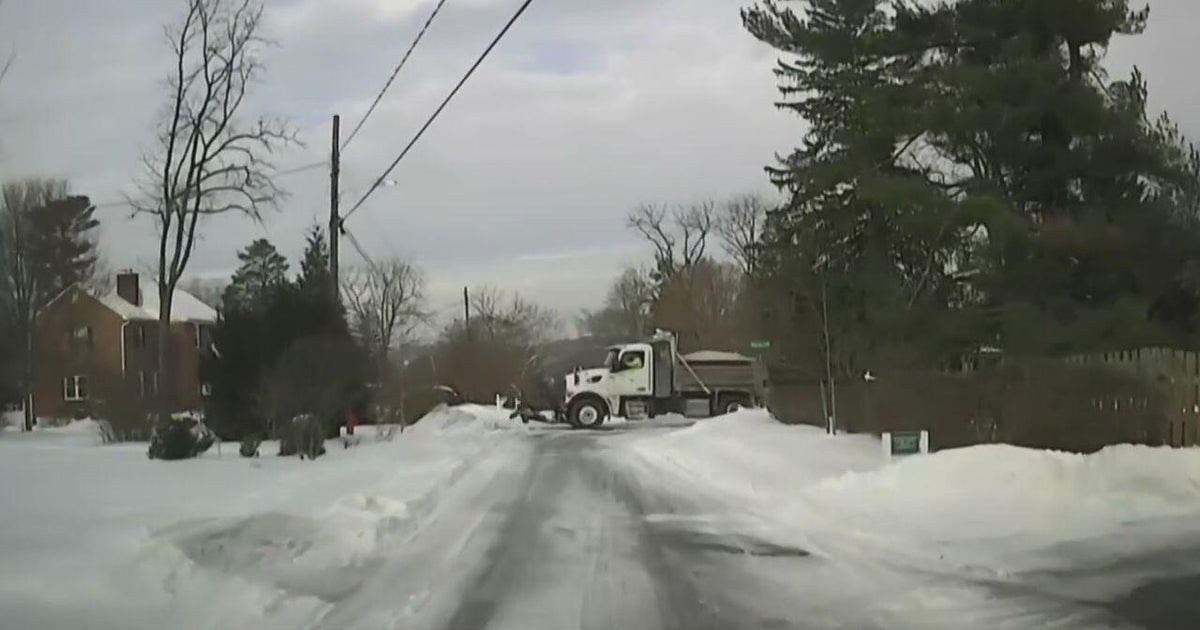Record-Breaking Chicago Gas Prices Remain Nation's Highest
Updated 03/26/12 - 8:33 p.m.
CHICAGO (CBS) -- Gas prices have climbed 11 cents over just the past two weeks, and Chicago remains the highest on the list.
As CBS 2's Kris Habermehl reports, the Lundberg Survey noted the nationwide hike in gas prices. Chicago's average price as of Monday morning was $4.56 for a gallon of regular unleaded.
That beats an all-time high average price of $4.52, set May 11.
Last January, GasBuddy.com predicted that the average Chicago-area price this year could peak at between $4.60 and $4.95 a gallon.
ChicagoGasPrices.com reported as of Monday morning, the lowest gas price in the Chicago area was at the Sam's Club at 21430 S. Cicero Ave. in Matteson, where gas was going for $4.23 per gallon.
The highest was a tie for two BP stations – at 1600 N. Elston Ave. at North Avenue, and at 1607 W. Fullerton Ave. at Ashland and Clybourn avenues, which saw a price of $4.87.
CBS 2's Dorothy Tucker reports, with prices like this, consumers are looking for some good news. They desperately want to believe prices will come down.
Oil analyst Phil Flynn said you might soon see a break at the pump.
"We should see prices peak, maybe fall five to ten cents here in the next couple weeks," Flynn said.
That "maybe" is based on a few factors, according to Flynn. First, because of the mild weather in the Midwest, refineries are already switching to the more expensive summer blend, which typically raises gas prices in May.
Flynn also said crude oil supplies are up, and that means gas prices could drop. There's also hope that nuclear tensions in the Middle East will ease.
"I'll tell you this, if Iran, you know, comes to their senses and say 'Hey, we're going to abandon their nuclear program,' we could see prices fall 75 cents," Flynn said.
That's a big if, but it's the kind of if consumers want to hear.
In the next two weeks, it might be a roller coaster at the pump. Prices could go up five cents one day, then down ten. But Flynn said, in two weeks, drivers should see a drop at the pump.
For now, as CBS 2's Dana Kozlov reports, more than ever people are looking for ways to save at the pump; and we're not just talking about driving less or riding bicycles. People are making sure they are protecting their fuel investment, but there are certain things drivers shouldn't do.
Lindsey Leduc is now pinching pennies when it comes to filling up her tank – literally.
"Actually, I just went to Jewel and cashed in three little jars of pennies and got like $28," she said. "And I just put $20 in, because it's, I don't know, it's just ridiculous."
Yahed Aich, a store manager at O'Reilly's Auto Parts, said desperate times have drivers turning to lockable gas caps.
"People come in, say even though their regular ones do work, no lights are on for their engine, they still want to have the reassurance that no one can get inside their gas tank right now, with the prices going up," he said.
Mechanics have noticed it too.
"My mom's bought one, my neighbor got one," said Stephan Jilbert, a mechanic at Lincoln Square Service Inc.
He said it can't hurt for car owners to use a locking gas cap. But one thing they shouldn't do in an effort to use money is settle for regular gasoline if their car requires premium gas.
"I wouldn't recommend it," he said.
Even though there would be a short-term gain by saving at the pump, in the long-run, it could cost you a lot more.
"You might save for a couple of fill-ups, but it won't be long before the engine starts performing poor. You'll have lower mileage. You could conceivably damage the inside of the engine, and then your repair bills are going to be much higher than what you saved at the pump," Jilbert said. "So you'll be losing money in the long run."
In response to the soaring gas prices, U.S. Sen. Dick Durbin (D-Ill.) said Sunday that he wants to pull $4 billion in federal subsidies to big oil companies. He is co-sponsoring the "Repeal Big Oil Tax Subsidies Act," which goes before Congress this week.
Durbin said the legislation would help families save money at the pump. He also said the $4 billion in government subsidies for big oil firms should be better spent by a government that is struggling, especially when the oil industry turned a $137 billion profit in 2011.
"They don't need it. Take the money saved, use it to invest in future energy technology that will reduce dependence on foreign oil, then make our cars and trucks more fuel efficient. And whatever's left over, reduce the deficit with it," he said.
